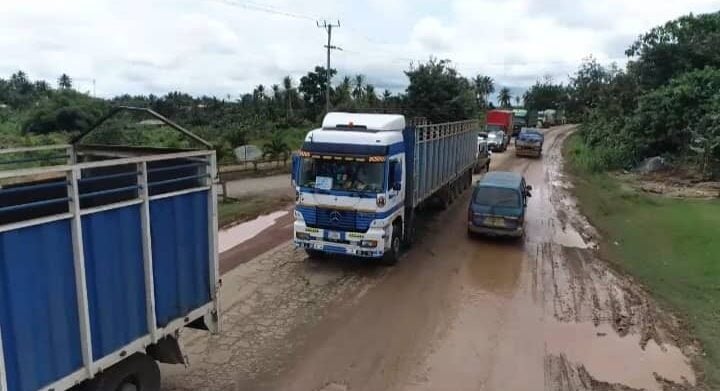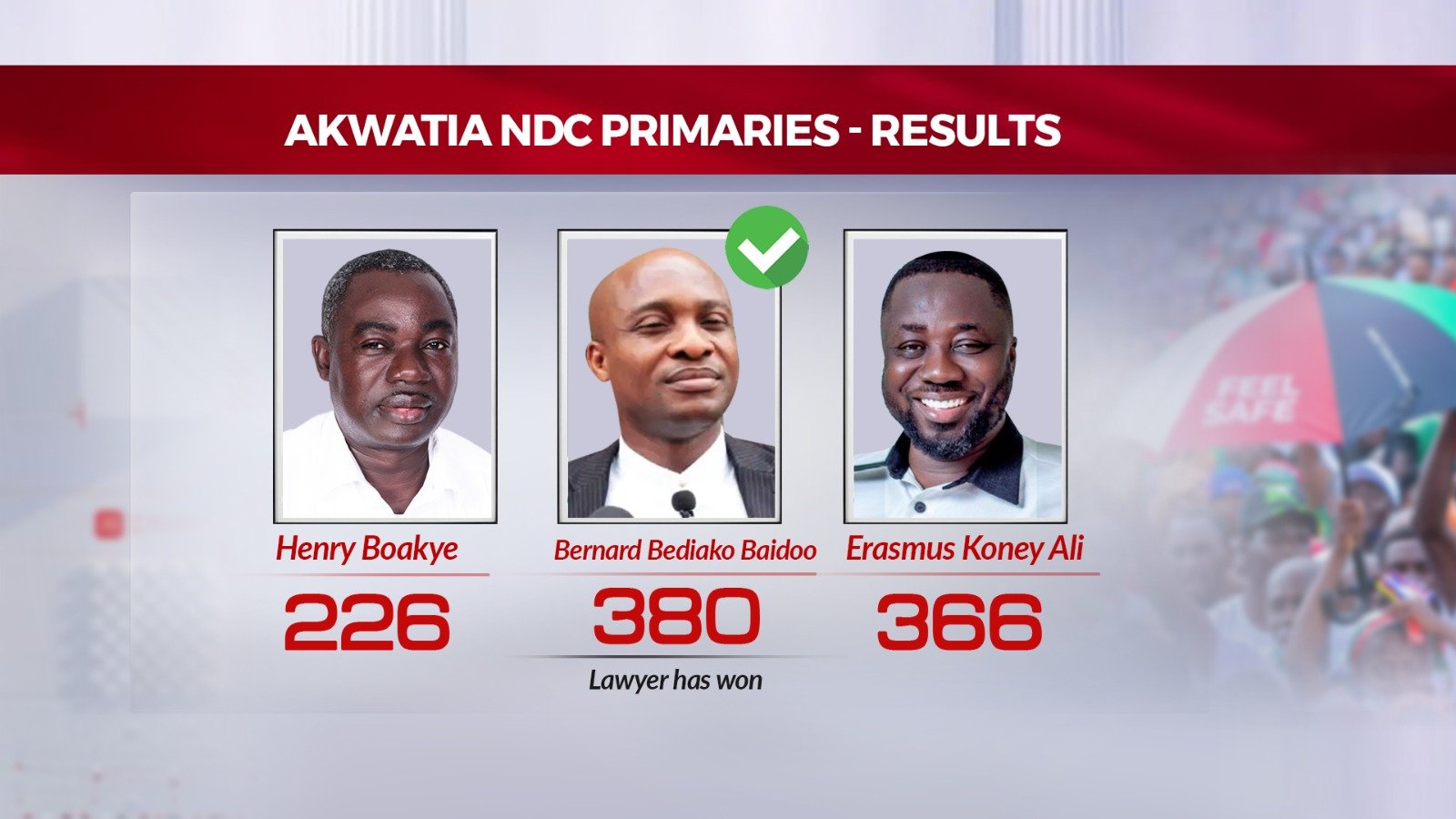
The Vice President, Dr Mahamudu Bawumia, has warned that agencies or service providers who are not ready to go paperless at the sea ports by September 1st will not be allocated any cargo.
He added that terminals which are not ready for automation by 1st September would be left behind, and people who do not comply will be sanctioned.
Addressing the media and stakeholders yesterday, the Vice President said the government expected the cooperation of all stakeholders to ensure port efficiency, adding further that all stakeholders had been engaged, and must aim to do their part to make Ghana's port paperless.
"We will not accept any excuses," he stated.
According to him, port operations in the country have not lived up to international standards, and the Nana Akufo-Addo government was determined to change that. Touching on going paperless at the port, the Veep noted that with the help and cooperation of all the stakeholders at the port, the government had mapped out a process flow, which will take effect from the 1st of September 2017.
He said agencies and stakeholders presented paperless process flows, which were merged into a process flow that will enable compliant importers to sit in the comfort of their offices or homes and get Customs clearance. "Terminals which are not ready for automation by 1st September will be left behind, and people who do not comply will be sanctioned. Every activity by importers will be fed into the risk engine as we build risk profiles for importers and exporters," he said.
According to him, with the new process in place, the country will be able to clear goods for importers within four hours, an improvement of the current system.
"Our goal within the next six months is to have a robust risk engine which will grant Customs clearance in a maximum of four hours. Dubai Customs is able to grant customs clearance in 1 and ½ seconds, and so Ghana can definitely aim for four hours," he remarked.
According to Bawumia, the government would begin the implementation of a risk clearance system at the pre-arrival stage, and that will make it possible for compliant importers to sit in the comfort of their offices and get Customs clearance, adding swiftly that every activity will be fed into the risk engine to enable us keep a record of importers.
"Furthermore, we intend to introduce the First Port Rule in Ghana. This provides the avenue for the duty of goods destined for countries like Burkina Faso, Mali and Niger to be paid here in Ghana. This should provide a check on the dumping of goods destined for our neighbouring countries in Ghana.
"On the removal of internal customs barriers, these barriers will be redundant in the long term with the introduction of the first port rule in Ghana. Duties will be paid on goods destined for re-export, and with the new automated gate opening system at the port, which will be linked to the risk engine, no vehicle will be able to leave the port without paying their duty. In the short term, they will be replaced with occasional patrols.
"On Mandatory Joint Inspections, from the 1st of September, this year, we are not going to physically open and inspect all containers. We are introducing a risk engine which will assign risk levels to importers, based on their level of compliance.
"When the need arises for inspections, the agencies needed for the inspections will be informed about the inspection time, and place for joint inspections, and they will have to sign in on an electronic device at the inspection shed to confirm their participation," he observed.
The Vice President further indicated that payments of duties and fees may be made electronically, via existing modes of payment or on Ghana's Trading Hub, which accepts mobile money, visa cards, GH link cards online, and in branch payments.
He also said fees and duties payments would be made electronically, with duty payments made available via all banks in addition to Ecobank and Ghana Commercial Bank.
"The introduction of the electronic payment modes will provide more options for traders: reduce the time and cost involved in manual payments, whilst eliminating the falsification of payment documents.
"Extending payment services to all trade finance banks will provide convenient banking to traders. GhIPSS will interface with GCNET and Ghana's Trading Hub for secured options for extended duties and fees payment," he expatiated.
Read Full Story























Facebook
Twitter
Pinterest
Instagram
Google+
YouTube
LinkedIn
RSS